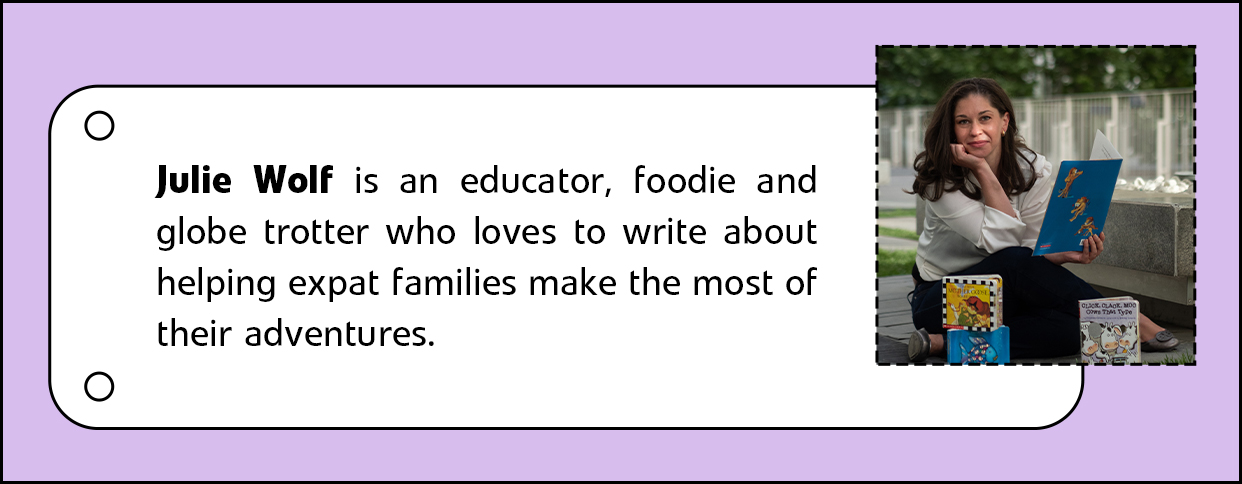Teacher chats are buzzing, and parents are worried. The Ministry of Education is enacting new guidelines intended to help reduce the cost of education for parents, levy fines against institutions that make false claims about their programming, and limit the time children can spend in tutoring and after-school activities.
For days now, I have watched as people debate and comment on the new rules and speculate on the expected next round of legislation. On the one hand, I appreciate the government’s attempt to crack down on bad actors who soil the name of legitimate organizations, and I feel for parents who spend an exorbitant amount of money on their child’s education in an attempt to give them the best possible start. At the same time, I also worry for teachers who could take a serious financial hit. But in all of this debate, I think we might have lost sight of the core issue that birthed these laws in the first place. We have developed an unhealthy culture around education and it is hurting our children. The real question is, why aren’t we adjusting our communal behavior?
We live in an overly competitive society that tells parents their child must speak fluent Mandarin, English, Spanish, Cantonese, and French in addition to playing at least two instruments, being a star athlete, founder of a charity, and of course, a straight-A valedictorian, lest they won’t succeed in life. That pressure trickles down to our kids and the results have been, in no uncertain terms, devastating.
I hear from teachers who are worried because their students break down in tears over an A- and hate school holidays because it means additional tutoring and studying for exams instead of rest. I have watched 5-year-olds fall asleep in the middle of a 5pm class because their first “activity” of the day started at 8am and they haven’t stopped since. I regularly have to justify to parents my policy on not giving homework to 2-year olds.
This level of stress is unhealthy for adults. But in children? It can lead to lifelong issues including, but not limited to, debilitating anxiety, eating disorders, ulcers, low self-esteem, and worst of all, suicide. That doesn’t sound like a successful life to me.
Please don’t misunderstand; We can and should encourage our kids to achieve. I truly believe education helps us become the best version of ourselves and that learning should be a lifelong pursuit and a joy. But that can’t happen when parents, teachers, and communities have unrealistic expectations of children. I know the pressure we put on these kids comes from a place of love. We want what’s best for them. But all these good intentions are going to backfire if we as a community don’t reevaluate what “best for them” looks like.
I personally believe it starts by establishing balance. In this instance, more is not better. It is just more. Invest in good education instead of filling every hour of the day with strict memorization and drills. Let’s focus on activities that teach children to think and analyze so they can solve the world’s problems instead of focusing on the flashcards and tests that only answer the problems we have already solved. Balance that with community involvement, and the things they love like art and music and yes, free time to just play, socialize and relax. Not everything needs to be a competition. There can just be opportunities to learn and discover and gasp…occasionally be wrong, because that’s a learning moment too.
Laws alone won’t fix these problems. We as adults need to change the educational culture if we want to see real change that makes the lives of the children we love better.
I don’t claim to know exactly how to do that, but I would very much like to get the conversation started.
KEEP READING: I’ll Buy a Knockoff Bag, but Never a Knockoff Education
Images: pexels





